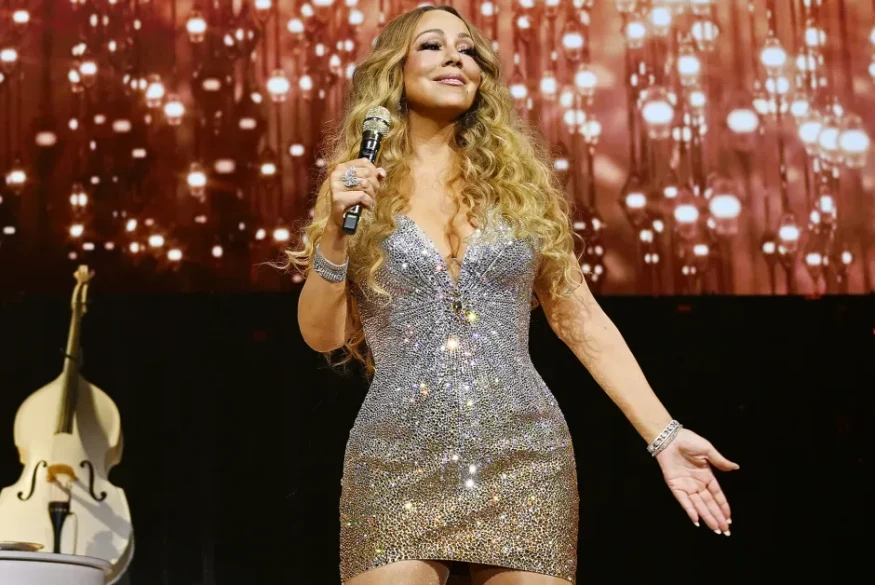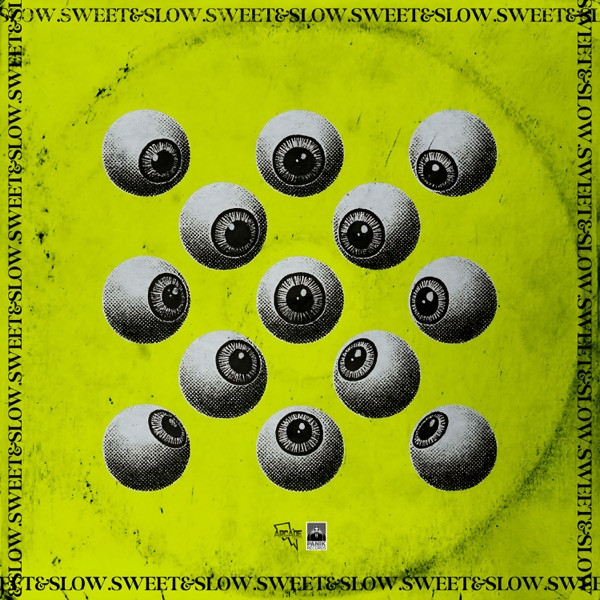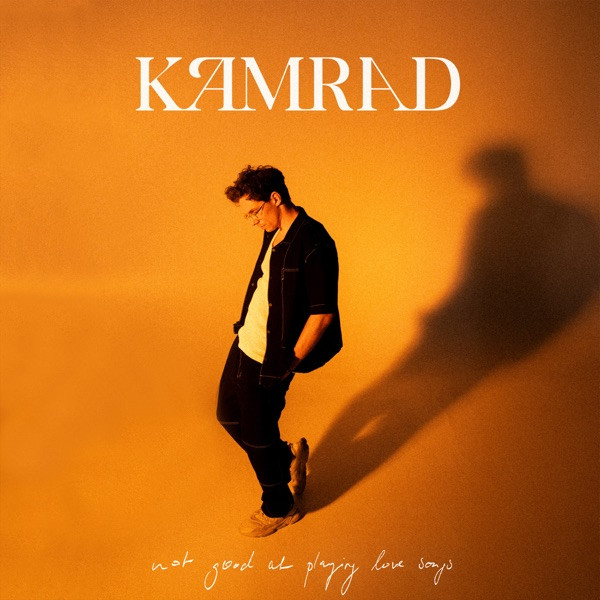
The legendary voice of pop sensation Mariah Carey resurfaces in an unexpected vintage find that’s now headed for auction—capturing a precious early moment in her journey to stardom and offering fans a glimpse behind the curtain of her iconic rise
Long before Mariah Carey became a global icon, long before her voice enveloped holiday playlists and broke chart records, there was a cassette tape—raw, intimate, and brimming with promise. That tape, a demo from her formative years, has emerged from the archives and is about to go up for auction through Wax Poetics. And yes, it’s already stirring serious excitement among collectors and fans alike.
It all begins with one of music’s most unexpected discovery stories. At a party in New York City, Mariah Carey handed a young producer and DJ—Arthur Baker—this very cassette. Baker, already a luminary in dance- and pop-scene production, recalls slipping in the tape, hearing the first three songs, and feeling like he’d stumbled upon something extraordinary. “It’s Madonna meets Whitney,” he said. “I’ve discovered gold.” That spontaneous reaction would foreshadow a colossal career.
Captured on the tape are early, unreleased tracks, likely created around 1988—well before Mariah’s official debut album in 1990. These songs originate from sessions where she was still navigating her sound—before superstardom, before millions of records sold. The demo is thus not just a collectible but a snapshot of a talent in incubation: an artist with astounding vocal chops, yet still forming the blueprint of what would become a legendary pop presence.
Wax Poetics steps into the story here as archivist and curator. They’ve described the demo as “one of the most historic archival releases to date,” and plan to present the item complete with certificates of authenticity, archival notes, and contextual commentary. The auction begins this week and closes later in November, making this a rare moment for fans and collectors to own a piece of pop-music history.
What makes this find truly special isn’t merely its rarity—it’s the feeling you get when you listen. According to those who’ve heard tiny snippets or read descriptions, the recordings present Mariah’s voice unfiltered: powerful, emotionally naked, and full of the ambition that would eventually define her career. It’s the voice of someone still discovering themselves—and that makes it precious. In the middle of her polished, chart-topping years, this tape offers contrast: a young artist shaping the sound that would later dominate.
For die-hard fans, the timing couldn’t feel more poignant. With the festive season creeping in and Mariah’s perennial “All I Want for Christmas Is You” once again climbing charts and playlists worldwide, this early demo seems like a gift to the fandom. And while Mariah herself hasn’t publicly commented on the auction yet, social media is buzzing—fans calling the tape “the missing piece of her myth,” attributing to it a sort of holy-grail status.
But beyond hype and collectible value, this moment says something about music heritage and how we document it. The demo offers a behind-the-scenes glance at an era before processing, before mainstream success—an era when innovation and creativity were fragments of ideas waiting to be refined. It underlines that for many great artists, the road begins far removed from spotlights and arenas, in small studios or living-room sessions where raw emotion meets ambition.
Imagine Mariah Carey, perhaps in a modest New York studio or apartment, penning lyrics, layering harmonies, experimenting with melodies that would later spin worldwide. This tape is a testament to that process—a relic of wonder and evolution. Baker’s archive, preserved by Wax Poetics, shows how these cultural moments extend far past the big hit, the billboard placement, or the televised performance. They live in dusty cassettes, whispered studio takes, and in the unpolished versions of what eventually becomes iconic.
The auction, therefore, is not just a market event—it’s almost a rewind button through pop history. It invites listeners to revisit, to reflect, to imagine what it felt like before Mariah Carey. Before fame. Before millions. It invites the fandom to connect with authenticity.
In a world where everything is instantly streamed and consumed, the idea of a physical tape with handwritten notes, original takes, and unrefined energy feels thrillingly analog. It’s a reminder that music doesn’t always start perfect—it starts human. And when the auction gavel hits, one lucky bidder will hold a time capsule: early Mariah Carey, unscripted and uprooted from the spotlight.
Whether you’re a collector seeking the next big artifact or a fan wanting to feel closer to the early chapter of one of pop’s greatest voices, this is a cultural moment. One cassette. One voice. A story still unfolding.







